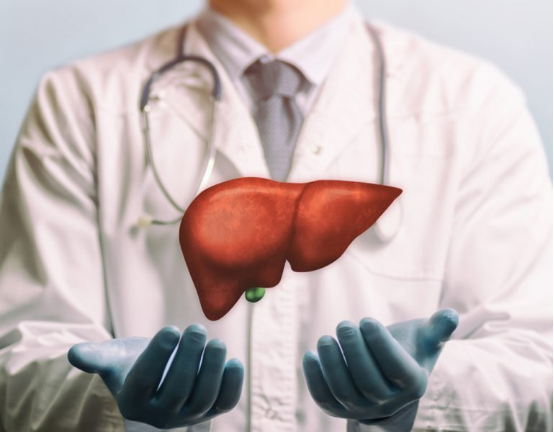Early Warning Signs of Hepatitis C
Hepatitis C is often asymptomatic in its early stages, earning it the reputation of being a "silent" disease. This means many people may not know they are infected until the virus has already caused liver damage. However, some early warning signs can sometimes appear, and knowing what to look out for can aid in early detection and treatment.
Hepatitis C is often asymptomatic in its early stages, earning it the reputation of being a "silent" disease. This means many people may not know they are infected until the virus has already caused liver damage. However, some early warning signs can sometimes appear, and knowing what to look out for can aid in early detection and treatment.

Common Early Warning Signs of Hepatitis C
- Fatigue: Persistent tiredness is one of the earliest signs of hepatitis C. Many people feel more fatigued than usual and may struggle to complete daily activities without feeling drained.
- Fever: A mild fever can appear as the immune system responds to the virus, though it may be easily mistaken for a general sign of being "run down."
- Nausea and Appetite Loss: Hepatitis C can cause changes in digestion, including feelings of nausea, a reduced appetite, and sometimes weight loss.
- Abdominal Pain: Some people may experience discomfort or a dull pain on the right side of the abdomen, where the liver is located. This can indicate liver inflammation.
- Muscle and Joint Pain: Hepatitis C can cause aches in muscles and joints, often resembling flu-like symptoms. This pain may vary in intensity and come and go.
- Dark Urine: Liver dysfunction may cause urine to become darker than usual, often appearing amber or tea-colored.
- Yellowing of Skin and Eyes (Jaundice): Although rare in the early stages, some people may experience jaundice, where the skin or the whites of the eyes take on a yellow hue. Jaundice results from a buildup of bilirubin, a waste product processed by the liver.
- Itchy Skin or Rashes: Hepatitis C can sometimes cause skin changes, including itching or rashes, due to liver-related issues or immune system responses.
Why Early Symptoms Are Often Overlooked
The initial symptoms of hepatitis C can be mild and nonspecific, easily mistaken for other illnesses like a cold, flu, or general fatigue. This can lead to the infection going unnoticed for months or even years. Because of this, many people are unaware they have hepatitis C until they experience symptoms of liver disease, such as cirrhosis.
When to Seek Testing
If you experience any of these symptoms and have risk factors for hepatitis C, consider getting tested. Testing is especially recommended if you:
- Have a history of injection drug use (even one-time use).
- Received a blood transfusion or organ transplant before 1992.
- Work in healthcare with potential blood exposure.
- Were born between 1945 and 1965 (a group at higher risk).
Importance of Early Detection
Early detection allows for timely treatment, which can prevent serious liver damage. With current antiviral therapies, hepatitis C can be cured in most cases, reducing the risk of long-term complications like cirrhosis, liver cancer, and liver failure.
In Summary
Hepatitis C often progresses silently, but early signs like fatigue, nausea, abdominal discomfort, and dark urine can sometimes signal its presence. If you notice these symptoms, especially if you have any risk factors, speak with a healthcare provider about getting tested.








